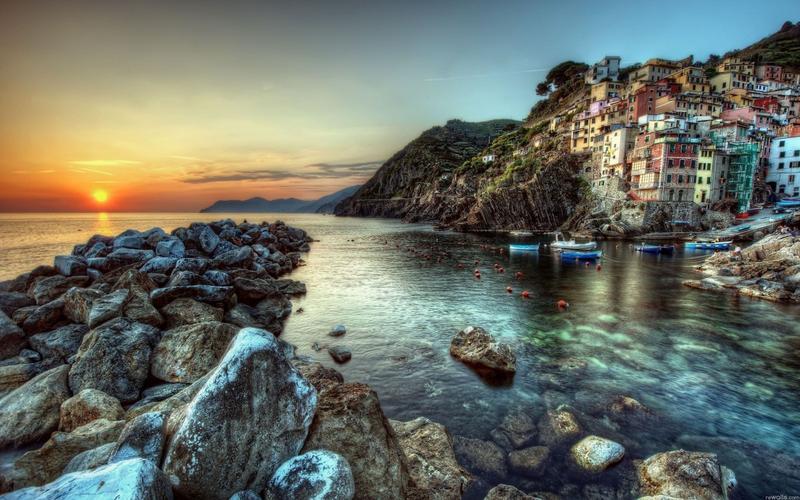Protecting Our Filipino Cultural Heritage: A Call for Action
The Philippines is a country rich in culture, tradition, and history. From the majestic rice terraces of Banaue to the colorful Ati-Atihan festival in Aklan, our cultural heritage is a vital part of our national identity. However, our cultural heritage faces numerous threats, including destruction, neglect, and commercialization. This article highlights why protecting our Filipino cultural heritage is essential and calls for action to address the challenges we face.
Destruction of Cultural Heritage
One of the biggest threats to our cultural heritage is destruction. This can happen due to natural disasters such as earthquakes, typhoons, and floods, but also due to development and urbanization. Many historic buildings, monuments, and sites have been demolished to make way for modern infrastructure, and this trend continues. For instance, the traditional Bahay-na-Bato houses in Batangas and Laguna are under threat from a proposed highway expansion project.
Neglect
Another significant threat to our cultural heritage is neglect. Many heritage sites and buildings are not maintained well, which can lead to decay and deterioration. The historic town of Vigan, for instance, is a UNESCO World Heritage Site, but many of its buildings are in disrepair. Neglect can also mean that cultural practices and traditions are lost over time. For instance, the traditional tattooing of the Kalinga people is slowly disappearing, with fewer and fewer people practicing it.
Commercialization
Commercialization of cultural practices and traditions is a growing problem. Some traditional practices and events, such as festivals, have become commercialized to the point of losing their cultural significance. The mass production of traditional crafts can also harm the authenticity and uniqueness of these items. In some cases, commercialization leads to the exploitation of cultural practices, with individuals or companies profiting from them without giving back to the community or culture from which they originate.
Call for Action
Protecting our cultural heritage is crucial for preserving our national identity, promoting tourism, and maintaining economic stability. There are several actions that can be taken to address the challenges faced by our cultural heritage.
Firstly, there needs to be a greater emphasis on heritage conservation and preservation in government policies and programs. This includes better funding for the maintenance of heritage sites and the protection of cultural practices.
Secondly, education and awareness programs for the public and younger generations are necessary to promote appreciation of our cultural heritage. Cultural activities and events such as music, dance, and traditional crafts should be encouraged and supported.
Finally, a collaborative effort between the government, private sector, and local communities is needed to address the challenges faced by our cultural heritage. This collaboration must be proactive and take a long-term perspective in protecting and preserving our unique cultural heritage for future generations.
Conclusion
Our Filipino cultural heritage is an integral part of our national identity that should be protected for future generations. The threats to our cultural heritage- destruction, neglect, and commercialization- require urgent attention. The call for action involves emphasizing heritage conservation in government policies, educating the public about cultural heritage, and a collaborative effort between the government, private sector, and local communities. By working together, we can preserve our rich cultural heritage, ensuring its continued vitality and cultural significance.
(Note: Do you have knowledge or insights to share? Unlock new opportunities and expand your reach by joining our authors team. Click Registration to join us and share your expertise with our readers.)
Speech tips:
Please note that any statements involving politics will not be approved.
